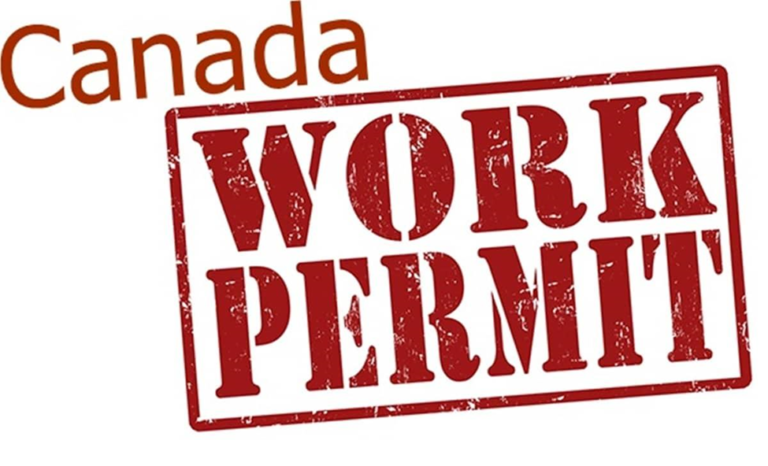For spouses, common-law partners, and conjugal partners of Canadian citizens or permanent residents, obtaining a spousal open work permit can be a significant benefit, especially while their sponsorship application for permanent residence is in progress. This open work permit allows sponsored individuals to work for nearly any employer in Canada, supporting themselves and their families financially during the application process.
Notably, this new measure was introduced by Immigration, Refugees and Citizenship Canada (IRCC) in May 2023, expanding eligibility for open work permits. Previously, these permits were primarily available through inland sponsorship or to individuals already residing in Canada on a Temporary Residence Visa (TRV).
IRCC’s goal is to process applications submitted through the spousal sponsorship program within a 12-month timeframe.

Understanding Spousal Sponsorship
Spousal sponsorship plays a crucial role in Canada’s immigration system. Canadian permanent residents can sponsor their spouse, common-law partner, or conjugal partner to help them obtain Canadian permanent residence. To be eligible, both you and your foreign spouse or partner must demonstrate that you are in a genuine relationship that falls into one of the following categories:
- Spouse: Legally married.
- Common-law partner: Living together or have lived together for at least 12 consecutive months in a marriage-like relationship.
- Conjugal partner: In a continuous and committed relationship for at least 12 months, with significant obstacles preventing cohabitation (e.g., cultural, religious, or immigration barriers).
As a sponsor, you commit to providing financial support to the sponsored person, including any dependent children. This support encompasses housing, food, clothing, medical expenses not covered by public health insurance, and other daily necessities. The sponsorship undertaking lasts for three years from the day your spouse, common-law partner, or conjugal partner becomes a permanent resident.
Eligibility Criteria for a Spousal Open Work Permit
To be considered for a spousal open work permit, the applicant must meet specific criteria:

- Principal applicant: Has submitted a permanent residence application under the Spouse or Common-Law Partner in Canada Class or is a spouse, common-law partner, or conjugal partner under the family class. The application must be accepted for processing by IRCC after a completeness check and not refused or withdrawn.
- Work permit duration: Has submitted a work permit application requesting a maximum duration of two years.
- Sponsorship application: Is the subject of a sponsorship application submitted by their Canadian citizen or permanent resident spouse, common-law partner, or conjugal partner.
- Residential address: Shares the same residential address as their sponsor in Canada at the time of the application.
- Status in Canada: Holds valid temporary resident status in Canada or is eligible for and has applied for the restoration of their status.
- Eligibility requirements: Both the applicant and the sponsor must meet all eligibility requirements under spousal or common-law partner sponsorship.
Canada’s Commitment to Family Reunification
The introduction of open work permits for outland spousal sponsorship in May was part of a broader effort by IRCC to facilitate family reunification. Additional measures include faster processing times for temporary resident visas (TRVs) for spousal applicants, dedicated processing tools for spousal TRV applicants, and open work permit extensions for holders whose permits expire between August 1st and the end of 2023.
Former Immigration Minister Sean Fraser emphasized IRCC‘s commitment to reuniting families efficiently and enabling them to work and support themselves in Canada. By doing so, Canada not only helps newcomers realize their full potential but also strengthens the country’s economy.”
